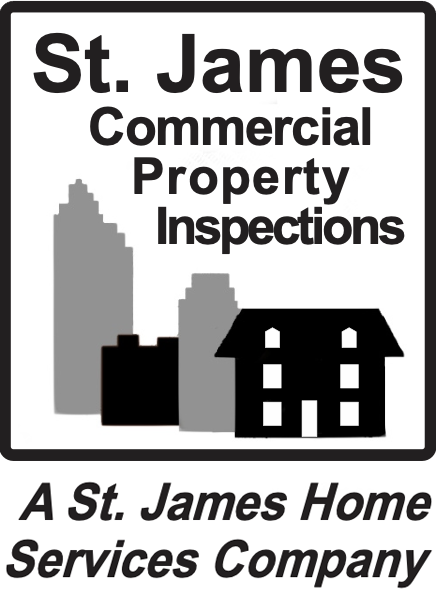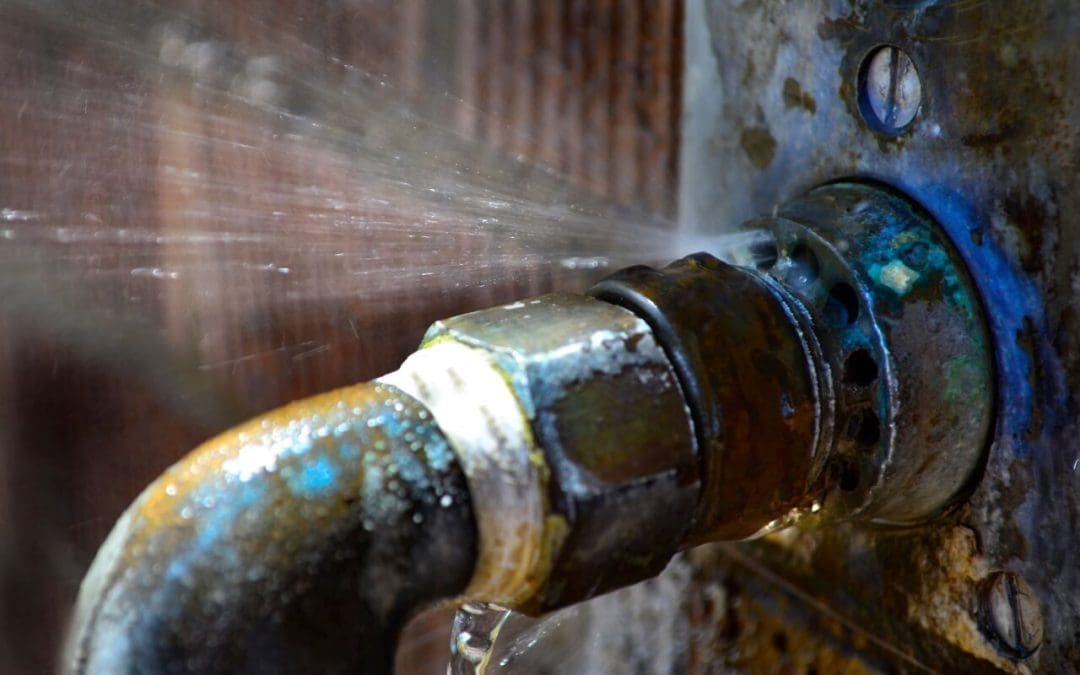Plumbing problems can cause significant disruptions in commercial buildings, leading to costly repairs and potential downtime. To keep your building running smoothly and avoid unnecessary expenses, take proactive measures to maintain the plumbing system. Here are some ways to prevent plumbing problems in commercial properties.
1. Regular Maintenance and Inspections Will Prevent Plumbing Problems
Routine maintenance is the cornerstone of preventing plumbing problems. Schedule regular inspections by professional plumbers to check for leaks, corrosion, and other potential issues. These inspections should include checking all fixtures, pipes, and water heaters. Early detection of problems can prevent minor issues from becoming major repairs.
2. Implement a Preventive Maintenance Plan
A preventive maintenance plan tailored to the specific needs of your building can help systematically address potential plumbing issues. This plan should include:
- Regularly scheduled inspections and maintenance checks.
- Routine cleaning of drains and sewer lines.
- Testing of backflow prevention devices.
- Maintenance of water heaters and boilers.
3. Educate Building Occupants About How to Prevent Plumbing Problems
Educating tenants and employees about proper plumbing usage can significantly reduce plumbing issues. Provide guidelines on what can and cannot be flushed down toilets or drains, and encourage reporting of any leaks or plumbing problems immediately. Simple measures like these can prevent clogs and other common plumbing problems.
4. Install Water Softening Systems
Hard water can lead to the buildup of minerals in pipes and fixtures, causing blockages and reducing the plumbing system’s efficiency. Installing a water softening system can mitigate these issues by removing minerals from the water, extending the lifespan of your plumbing infrastructure.
5. Upgrade Outdated Plumbing Systems to Prevent Plumbing Problems
Older plumbing systems are more prone to problems. If your building has an aging plumbing system, consider upgrading to modern, durable materials like PEX or copper pipes. These materials are less likely to corrode and can handle high pressure better than older materials like galvanized steel.
6. Insulate Pipes
Insulating pipes can prevent them from freezing and bursting in colder climates. Pipe insulation is a cost-effective way to avoid the costly repairs and water damage from burst pipes. Focus on insulating pipes in unheated areas like basements, crawl spaces, and exterior walls.
7. Monitor Water Pressure
Excessively high water pressure can strain your plumbing system, leading to leaks and bursts. Install pressure regulators to maintain optimal water pressure levels within your building. Regularly monitor the pressure to ensure it stays within safe limits.
8. Use Drain Screens and Traps to Prevent Plumbing Problems
Installing drain screens and traps can prevent debris from entering the plumbing system, reducing the risk of clogs. Ensure all sinks and drains are equipped with screens and regularly cleaned to maintain proper flow.
9. Conduct Regular Leak Detection
Leaks can cause significant damage if left undetected. Use advanced leak detection technology such as moisture sensors and automated water shut-off systems. These systems can alert you to leaks early, allowing for prompt repairs before they cause extensive damage.
10. Establish a Rapid Response Plan
Despite all preventive measures, plumbing emergencies can still occur. Establish a rapid response plan to address such situations swiftly. This plan should include:
- A list of emergency contact numbers for plumbers and maintenance staff
- Locations of shut-off valves for water and gas
- Clear instructions for building occupants on what to do in a plumbing emergency
By implementing these strategies, you can reduce the risk of plumbing problems in your commercial building. Regular maintenance, education, and modern technology play pivotal roles in ensuring your plumbing system remains in optimal condition, thereby safeguarding your property and ensuring smooth operations.
Preventing plumbing problems in commercial buildings requires a proactive and comprehensive approach. Regular maintenance, upgrades, and education can save you from costly repairs and downtime. By following the tips outlined in this guide, you can maintain a healthy plumbing system and ensure the longevity and functionality of your commercial property.
FAQs
What are common signs of plumbing problems in commercial buildings?
Common signs include slow drains, unusual noises, water stains on walls or ceilings, inconsistent water pressure, and unexpectedly high water bills.
How does water hardness impact commercial plumbing systems, and how can it be addressed?
Hard water can cause mineral buildup in pipes and fixtures, leading to clogs and reduced efficiency. Installing a water softening system can prevent these issues and extend the plumbing system’s life.
Are there any advanced technologies that can help in preventing plumbing problems?
Yes, technologies like moisture sensors, automated water shut-off systems, and advanced leak detection systems can provide early warnings of potential issues, allowing for timely intervention and preventing significant damage.
What should be included in a preventive maintenance plan for commercial plumbing?
A comprehensive plan should include regular inspections, drain and sewer line cleaning, testing backflow prevention devices, maintaining water heaters, and ensuring pressure regulators function correctly.
St. James Commercial Property Inspections provides comprehensive commercial inspections in Durham, Alamance, Caswell, Chatham, Franklin, Granville, Orange, Person, Vance, and Wake Counties of North Carolina. Contact us to schedule our services.

